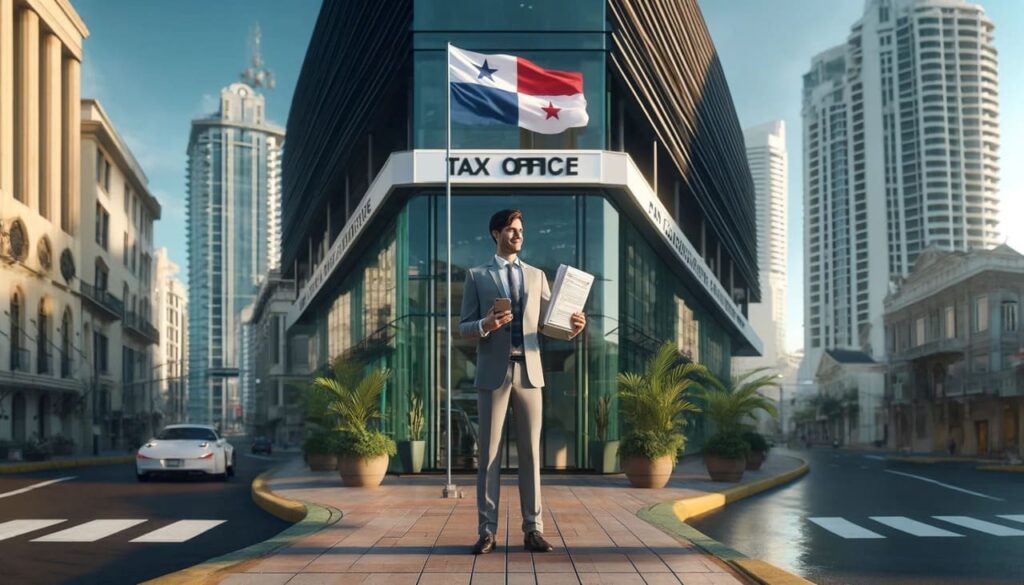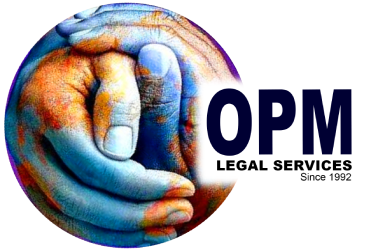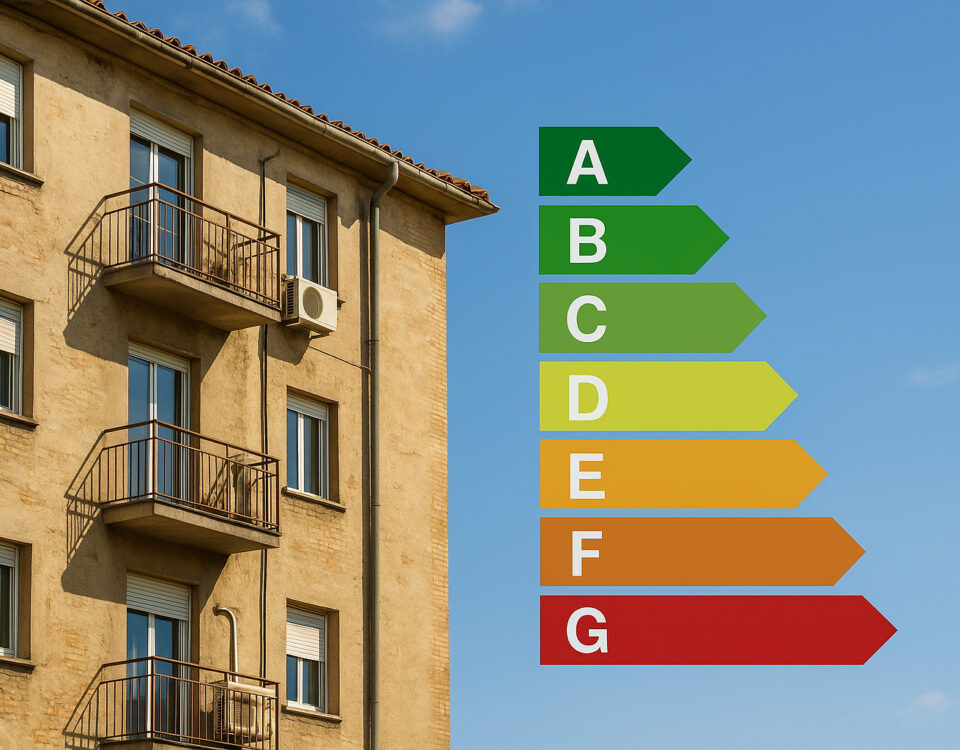
Tax havens and tax hells
01/04/2024
Tax hells serve to subsidize wars
16/04/2024
Who must pay taxes in Panama, how much and when they must be paid. Consult a Certified Public Accountant (CPA)
This article about taxes in Panama is a quick guide, if you have doubts consult a Certified Public Accountant (CPA).
Who is obliged to declare and pay taxes in Panama?
According to Article 81 of Decree 98 of 2010, all taxpayers who have generated income during the previous fiscal period must file this declaration. This includes salaried employees seeking tax refunds, independent professionals and merchants. The obligation includes even those who have not had commercial operations but who, due to other tax obligations, are obliged to file a tax return.
The Panamanian tax system establishes that only income generated within its territory is taxable. This includes from the sale of products and services to interest and commissions derived from financial operations in the country.
Natural persons with foreign source income and up to US$11,000 per year of Panamanian source are exempt from the Income Tax Return (ISR) in Panama.
Offshore companies, i.e., those that do not operate in Panama, do not need to file a simple accounting with the Resident Agent. It should be clarified that, even if the corporation does not operate in Panama, if it has a Notice of Operation (Commercial License) requested to open an account in local banks, it is obliged to file an income tax return, even if it has no operations.
Types of Declaration
Normal Return
Applies to all taxpayers for the corresponding fiscal period, ranging from salaried employees to independent professionals and merchants.
Return without Operations
For taxpayers with no economic activity in the fiscal period, but who need to comply with other tax obligations.
Final Return
For taxpayers who dissolve a company or cease operations.
Income Tax for Legal Entities and Individuals in Panama
The returns may be original or corrective. Original returns are filed for the first time, while corrective returns allow correcting previously reported income, expenses and deductions. It is important to note that rectifications are subject to fines, which vary if the adjustment results in a higher tax to be paid or in a reduction of the tax in favor of the taxpayer.
The Income Tax Return (ISR) in Panama is a key process for the country’s tax administration, being a responsibility of both individuals and corporations.
This declaration involves the presentation of a document that reflects all the income received and the expenses generated in Panama to obtain such income, which, in turn, are subject to taxation under the Panamanian legal framework.
The income tax return is an annual commitment. Taxpayers have up to three months after the end of their fiscal year to file this return before the offices of the General Revenue Directorate (DGI) and the Regional Administrations. For individuals, the deadline is March 15 of each year, while legal entities must comply before March 31.
It is possible to request an extension that grants an additional month without incurring fines, evidencing the flexibility of the system for taxpayers who require more time for their preparation.
For legal entities, rates have been progressively reduced from 30% in 2010 to 25% currently, with some sectoral exceptions. Individuals enjoy an exemption threshold for those earning less than USD 11,000 per year, and progressive rates applicable for higher incomes.
If you wish to calculate how much tax you must pay, click on this link.
Other Taxes in Panama
Panama, like many countries, has a diverse tax system that goes beyond Income Tax (ISR) for individuals and corporations. This system includes a variety of direct and indirect taxes designed to finance the country’s public services and infrastructure. Some of these key taxes are detailed below:
Dividend Tax
Companies operating in Panama that distribute dividends are subject to this tax. The general rate for dividends derived from local income is 10%, while dividends derived from foreign income or certain exempt activities are taxed at a reduced rate of 5%. Dividends paid to shareholders of bearer shares incur a 20% rate.
Social Security and Education Tax
Employers and employees in Panama contribute to social security, with current rates of 11.75% for employers and 8% for employees, to finance pension and health benefits. In addition, an education tax of 1.25% is levied on employees’ salaries and 1.5% for employers to finance public education.

Tax on the Transfer of Movable Goods and the Provision of Services (ITBMS)
This is the equivalent of the Value Added Tax (VAT) in other countries, applied to most sales of goods and services in Panama. The standard rate is 7%, with special rates for specific products and services, such as alcohol and tobacco.
Real Estate Tax
A tax levied on the value of land and land improvements. The rate varies according to the value of the property, with exemptions applicable to first homes up to a certain value.
In Panama, the obligation of the owners of real estate properties includes the annual payment of the Real Estate Tax, with rates varying from 0% to 1.0% based on the value and purpose of the property. The Panamanian legislation defines as Family Taxable Patrimony or Habitual Residence that property used constantly by the owner for his own and his family’s housing in the same household.
Exemptions in new real estate and taxable family patrimony or the main residence of the taxpayer.
Constructions made on real estate properties that are properly registered in the Public Registry will benefit from a Property Tax exemption during the period established by the laws relevant to each situation. Currently, this exemption applies for a period of 20 years from the date on which the property was built.
Since 2019, properties whose total value, which includes land, constructions and improvements, does not exceed USD 120,000.00 are exempted from the payment of this tax, provided that they represent the taxable family patrimony or the main residence of the taxpayer. Law 66 grants advantages to those owners whose property functions as their “Principal Domicile” in the country. Although there is a differentiation between the principal residence for a family and for a single individual, this benefit extends to both families and single individuals. The Principal Family Residence covers married couples, with or without children, or single parents.
This tax benefit exempts from taxation the first $120,000 of the registered value of the property (which includes both land and buildings).
However, it is important to note the distinction between Habitual Residence and Taxable Homestead. Only single and widowed individuals can designate a property as a Habitual Residence. On the other hand, any type of owner may designate his or her real estate property as a Taxable Homestead. Thus, as of January 2019, properties identified as Taxable Homestead or Habitual Residence are subject to the following tax scale, according to the value registered in the Public Registry of Panama:
Up to USD 120,000 = tax exempt.
From USD 120,001 to USD 700,000 = a rate of 0.5% is applied on the value.
More than USD 700,000 = a rate of 0.7% of the value is applied.
How to access the benefits of the principal residence in Panama?
To access the benefits of the principal residence in Panama, it is required to complete a specific form before the DGI and attach the necessary supporting documents, such as the identification of the owner, the certificate of title of the property and an affidavit before a notary. The DGI has a period of 3 months from the delivery of the form to issue a decision of approval or rejection. However, if it is subsequently discovered that the form or documentation provided was fraudulent, the tax exemption status may be revoked.
Real Estate Transfer Tax (ITBI)
This tax applies to the transfer of ownership of real estate located in Panama. The standard rate is 2% of the greater value between the sale price and the registered cadastral value. It is important for buyers and sellers, as it directly affects the transaction cost of properties.
Capital Gains Tax
Gains obtained from the sale of real estate or from the transfer of shares of Panamanian companies are subject to taxation. The standard rate is 10% on capital gains, although there are exceptions and special conditions depending on the type of property or transaction.
Import Taxes
Panama applies tariffs and taxes on imports of goods, which vary according to the category of goods. These taxes are an important source of revenue for the country and affect the cost of imported products.
Tax on Commercial Operations
All companies that carry out commercial activities in Panama must obtain a Notice of Operation and pay an annual tax based on the net value of the company. This tax encourages the formalization of commercial activities and contributes to tax collection.
Specific Taxes
There are specific taxes applicable to regulated industries, such as mining, telecommunications, and energy, as well as taxes on particular products such as fuel, vehicles, and cigarettes.
Fiscal Incentives
Panama offers various tax incentives to promote investment in key sectors such as tourism, agriculture, reforestation, and foreign investment. These incentives can include tax exemptions, reduced rates, and fiscal stability for long-term projects.
These taxes and fees are essential components of Panama’s tax system, designed to balance the tax burden between individuals and businesses, while promoting economic development and funding essential public services. A detailed understanding of these taxes is crucial for all taxpayers, including foreign investors, to ensure compliance and effective tax planning in Panama.




